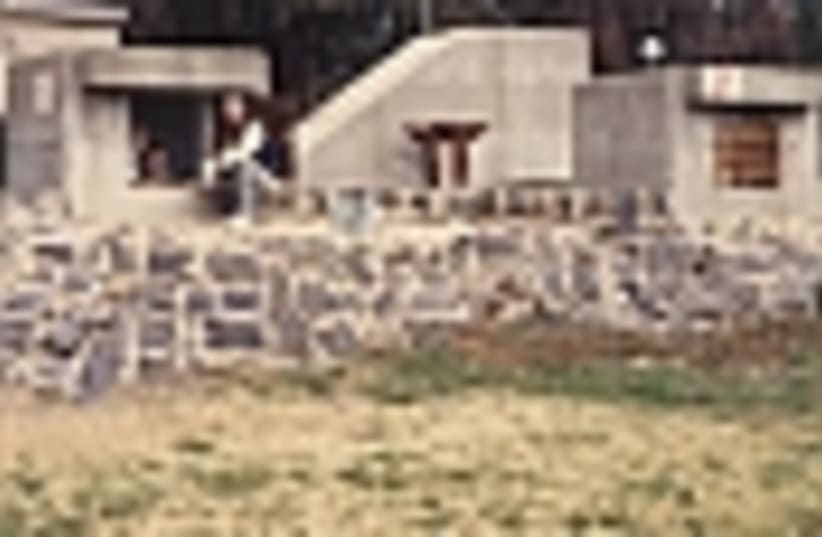| More about: | 1996 Lebanon war, Kiryat Shmona, Mount Hermon, Jerusalem |
Recurring nightmare
As violence returns to the northern border, residents recall the "bad old days" and look to the future.


| More about: | 1996 Lebanon war, Kiryat Shmona, Mount Hermon, Jerusalem |